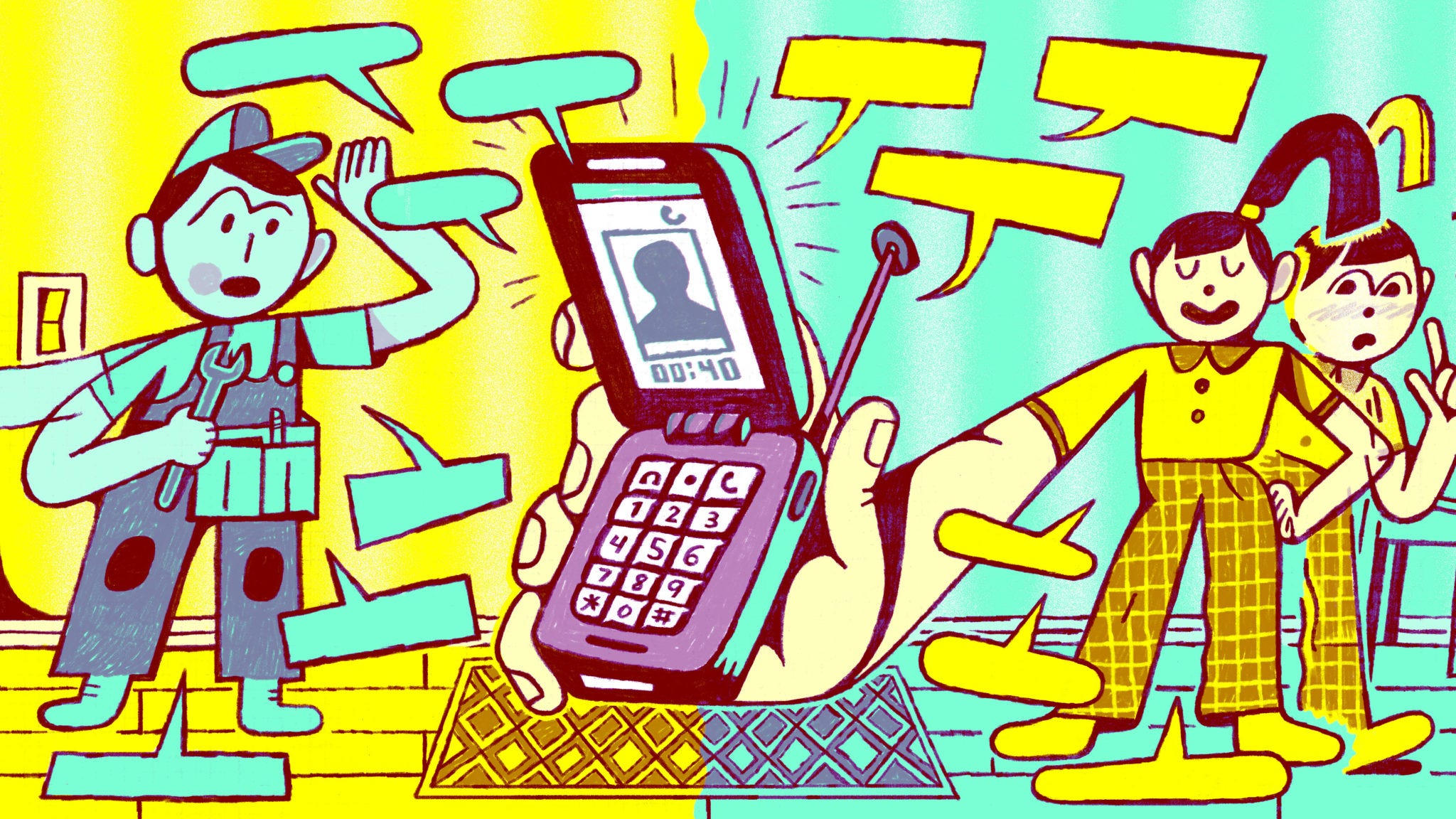I Was a Chinese Helpline’s Number One Caller. I Had a Problem.
The “magic number” helped foreigners like me get by without learning the language. But I didn’t feel at home in China until I finally hung up the phone.

Illustrations by Vinnie Neuberg | Edited by Lilly Dancyger
I arrived in Shanghai on a sticky mid-July afternoon in 2010 with two suitcases, a nonfunctioning cellphone, and a piece of paper that an acquaintance assured me read, “Hello, I don’t speak Chinese. Where is the bus to Jing’an Temple?” It was my first time in China, and also in Asia — and paradoxically, I was home. A few weeks ago, I had received an unexpectedly enormous tax refund and decided to quit my job, move to China, and see how long I could make it last. Like many people who don’t speak Chinese, I found the language intimidating. I didn’t know what to make of the writing system. I knew that spoken Mandarin had tones, and I’d heard that if you used the wrong tone, you could accidentally deliver a grave insult when you were trying to ask for water. I assumed learning the basics would take at least a decade, and, more important, I thought I could get by without them. In the not-too-distant past, I had spent a semester stud…
Keep reading with a 7-day free trial
Subscribe to Narratively to keep reading this post and get 7 days of free access to the full post archives.



